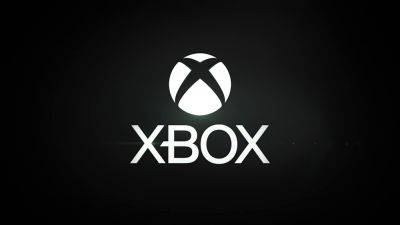A USB stick that will hold your precious data for 200 years, what's the catch? Er... it only holds 8kB
Many of us use flash memory sticks to temporarily store files for a while but only for a short time. One company has decided to offer something a bit special regarding the last aspect by creating a USB storage device rated to retain its data for up to 200 years. The only snag is that it holds just 8,192 bytes of data.
Yes, you read that right. Not 8GB, not 8MB—we're talking 8kB of information. That's a handful of pages in a standard text file, at the very most. That might seem an unusably small capacity but there's a very good reason for it being so tiny. Instead of using industry-standard NAND flash for storage, German makers Machdyne opted to go with a single ferromagnetic RAM chip (via Tom's Hardware).
Ferromagnetic RAM (FRAM or FeRAM for short) works a little bit like ordinary RAM does, except that it doesn't have billions of tiny dielectric capacitors inside for storing data in the form of charge. Instead, FRAM uses ferroelectric capacitors which have a major advantage in that they don't need to be periodically refreshed to retain their charge. Kept in ideal conditions, the data won't leak away for well over a century.
That's considerably longer than any consumer-grade SSD you can buy, where you'll be lucky to get more than 10 years of safe data retention, even if you just use it once and keep it tucked away safely.
FRAM also works as fast as NAND flash does, though not as speedy as the latest DRAM kits do, and also has a really good write endurance limit. Sounds perfect, doesn't it? The downside to FRAM is that very few companies make it and it's considerably more expensive to produce, compared to flash and DRAM.
The Machdyne Blaustahl isn't pricey, at just €29.29, but as I say you're only getting 8kB of FRAM. Most USB flash drives are well into the gigabyte level of capacity, so if you assume that the bulk of the cost is the FRAM chip, a 1GB version of the Blaustahl would demand an asking price of just under four million Euros. So yeah, you're not going to be







